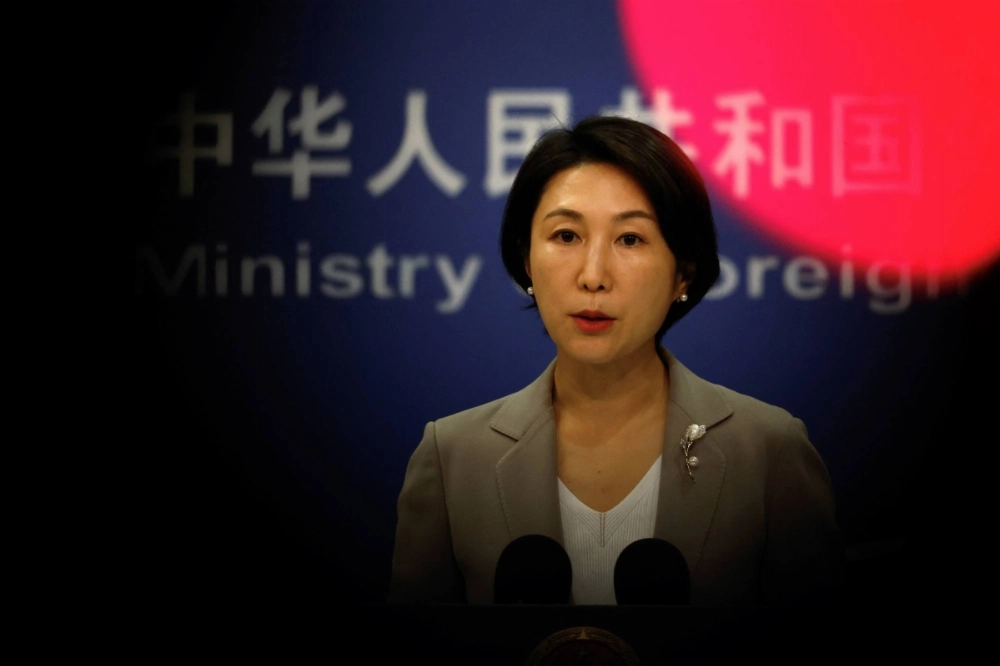Beijing has called sailings by its warships through the Tokara Strait off Kagoshima Prefecture "legal" under international law, days after Tokyo said a Chinese military survey vessel had entered Japan's territorial waters in the area.
The sailing was part of a series of recent moves by the Chinese military near Japan that Tokyo has said are “cause for concern.”
China’s Foreign Ministry on Monday called the nearly 200-kilometer strait one used “for international navigation,” according to the United Nations Convention on the Law of the Sea (UNCLOS).


















With your current subscription plan you can comment on stories. However, before writing your first comment, please create a display name in the Profile section of your subscriber account page.